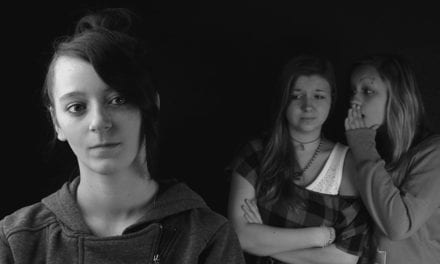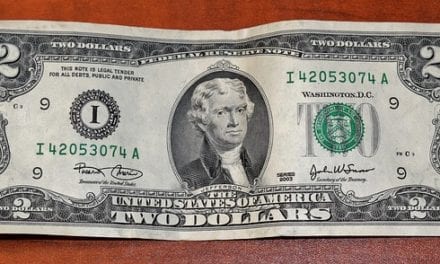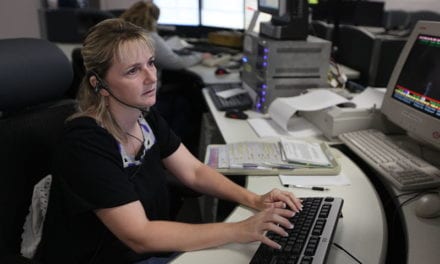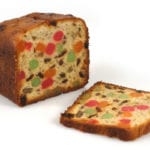Martha was getting tired of it. Tired of all the people who no longer said hi, but always said, “Hi, how are you?” When did it become a requirement to ask everyone how they were doing or feeling? Martha had grown to dislike this greeting as soon as she realized that it seemed to have become a requirement of daily conversation.
She was greeted this way at the bank, at the grocery store, at the mall, just about everywhere she went. And she wondered what was the appropriate way to respond. She could ignore the “how are you” part and just say hi. Or maybe just hello. But somehow it seemed rude. So, she usually responded by saying, “Fine. How are you?” And then the other person would mutter something.
It was obvious, Martha thought, that no one was really interested in how she was feeling. Nor, to be accurate, was she much interested in how perfect—or imperfect—strangers were feeling. One day she decided to perform an experiment.
It was a Saturday, a day off, and a time to run errands. She began at the bank.
The teller greeted her. “Hi, how are you?”
“Depressed.”
“And how may I help you today?”
“Well, maybe if I cash this check, I will be less depressed.”
“Oh, I hope so.” The teller busied herself with processing the check and handing Martha the money, avoiding any direct looks. “Here you go. Have a nice day!”
Martha didn’t like being ordered to have a nice day. She did like telling people she would never meet again, “Have a nice life!” She thought that was pretty funny, but she didn’t use it that often. It had to be the right time with the right person.
That Saturday, her next stop was the grocery store, Ashleyville Ohio’s Giant Falcon, the store that had everything: ordinary food, food from exotic places, a drycleaner, and even a bakery. Martha enjoyed filling her shopping cart on Saturday mornings. At the cash register, she avoided the self-service counter, since she usually had an argument with the machine and then a real person had to come and make things right. Today the clerk was a young man with a name tag. His name was Barry.
“Hi, how are you?” he said, without looking at her.
“Suicidal.”
Barry looked up suddenly while sending a box of tissues over the scanner.
Martha smiled at him. He smiled back and continued to scan her items. In the end, she owed $66.35 and paid with her credit card. When he finished loading her stuff in the cart, Barry gave her a great big smile and said, “Have a really, really nice day!”
She smiled back. “I’ll try.” Actually, what she wanted to say was something that a friend had told her. Maribeth said that when people wished her a nice day she wanted to say, “Thanks, but I have other plans.” A great response, but maybe not appropriate when one has just declared oneself to be suicidal.
Next stop: the library. She needed to return two books and maybe pick up something to read that night. She was single, between boyfriends, at loose ends, so maybe a romance or a mystery would help her spend a not too unpleasant evening.
Martha didn’t like the book drop; who knew if they would really check her books back in, and then what? She might have to pay a fine or something. She went over to the desk. A young woman with a name tag greeted her. Hi, how are you?” said Lacey.
“The happiest I have been in a long while.” Martha had decided that since being depressed or suicidal had not elicited a reaction, she might as well try a different response.
The clerk hesitated. Then she said, “Things must be going well for you.”
“Not really. I just think that when people say, ‘Hi, how are you?’ I should say something, not just repeat what they said to me. This is my third response this morning. To the first person who greeted me, I said that I was depressed. To the second person who greeted me I said I was suicidal. I couldn’t think of any more negative things to say that wouldn’t involve a call to the police. Like if I said I felt murderous or something. So, this time I decided to say something happy.”
Lacey seemed confused. Nothing in the employment manual or her orientation had prepared her for this strange woman. She decided to take the safe way out. “Have a nice day,” she said, as Martha began to wend her way to the shelves housing romances and mysteries.






















